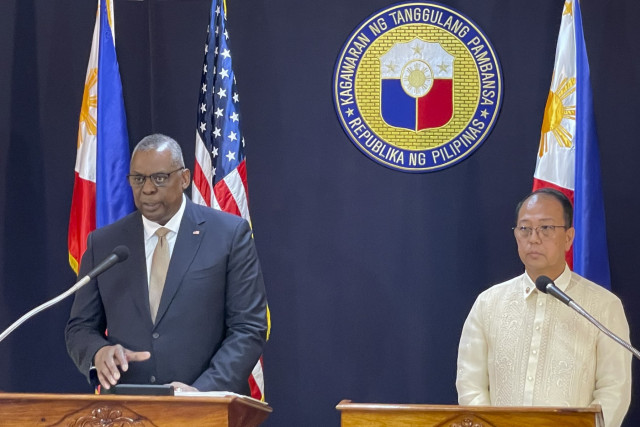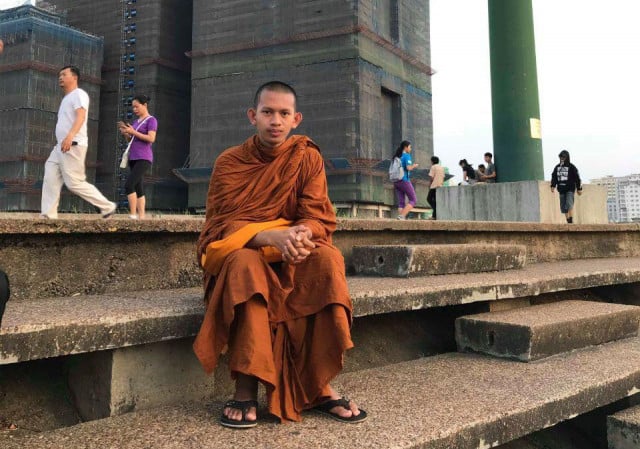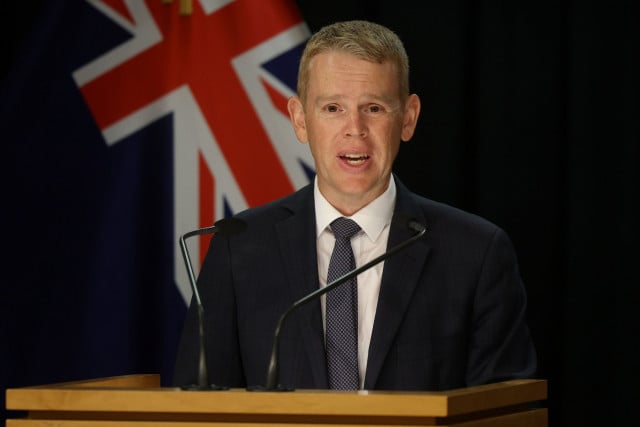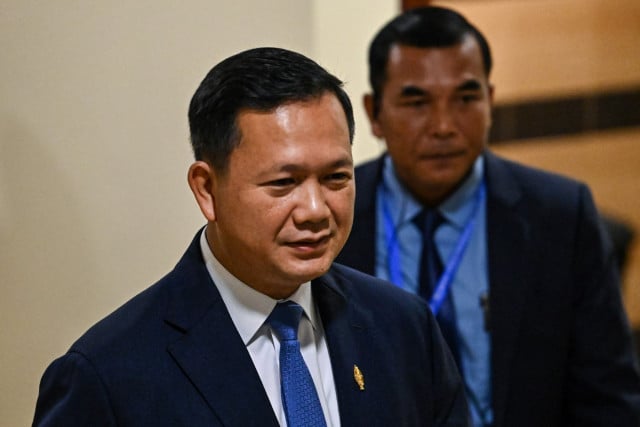US, Philippines to restart joint patrols in South China Sea

- By Agence France-Presse (AFP)
- February 3, 2023 5:31 PM
Washington, United States -- The United States and the Philippines have agreed to restart joint patrols in the South China Sea as the longtime allies seek to counter China's military rise, a US Defense Department statement said.
The two countries had suspended maritime patrols in the hotly contested area under the rule of former president Rodrigo Duterte.
During a visit to Manila by US Defense Secretary Lloyd Austin, he and Philippine counterpart Carlito Galvez "agreed to restart joint maritime patrols in the South China Sea to help address (security) challenges," the statement said Thursday.
The officials had also announced a deal to give US troops access to another four bases in "strategic areas" in the Southeast Asian nation.
The agreements come as the allies seek to repair ties that were fractured under previous Philippine president Duterte, who favored China over his country's former colonial master.
The new administration of Ferdinand Marcos has been keen to reverse that.
Beijing's growing assertiveness on Taiwan and its building of bases in the disputed South China Sea have given fresh impetus to Washington and Manila to strengthen their partnership.
Given the Philippines' proximity to Taiwan and its surrounding waters, its cooperation would be key in the event of a conflict with China, which a four-star US Air Force general has warned could happen as early as 2025.
The agreement on joint patrols was made "at the last minute" of Thursday's defense talks between Austin and Galvez, a senior Philippines official told AFP on Friday.
"There is firm agreement that we will discuss guidelines of how to do these joint patrols," said the official, who requested anonymity because they were not authorized to speak to the media.
"There will have to be follow up discussions... (about) exactly what we want to do, exactly where we want to do things, how often," and whether naval or coast guard vessels would participate in the patrols, the official added.
"Of course, the devil is going to be in the details, so technically if we don't agree in the end about how we want to do it, then it's not going to go forward."
© Agence France-Presse















